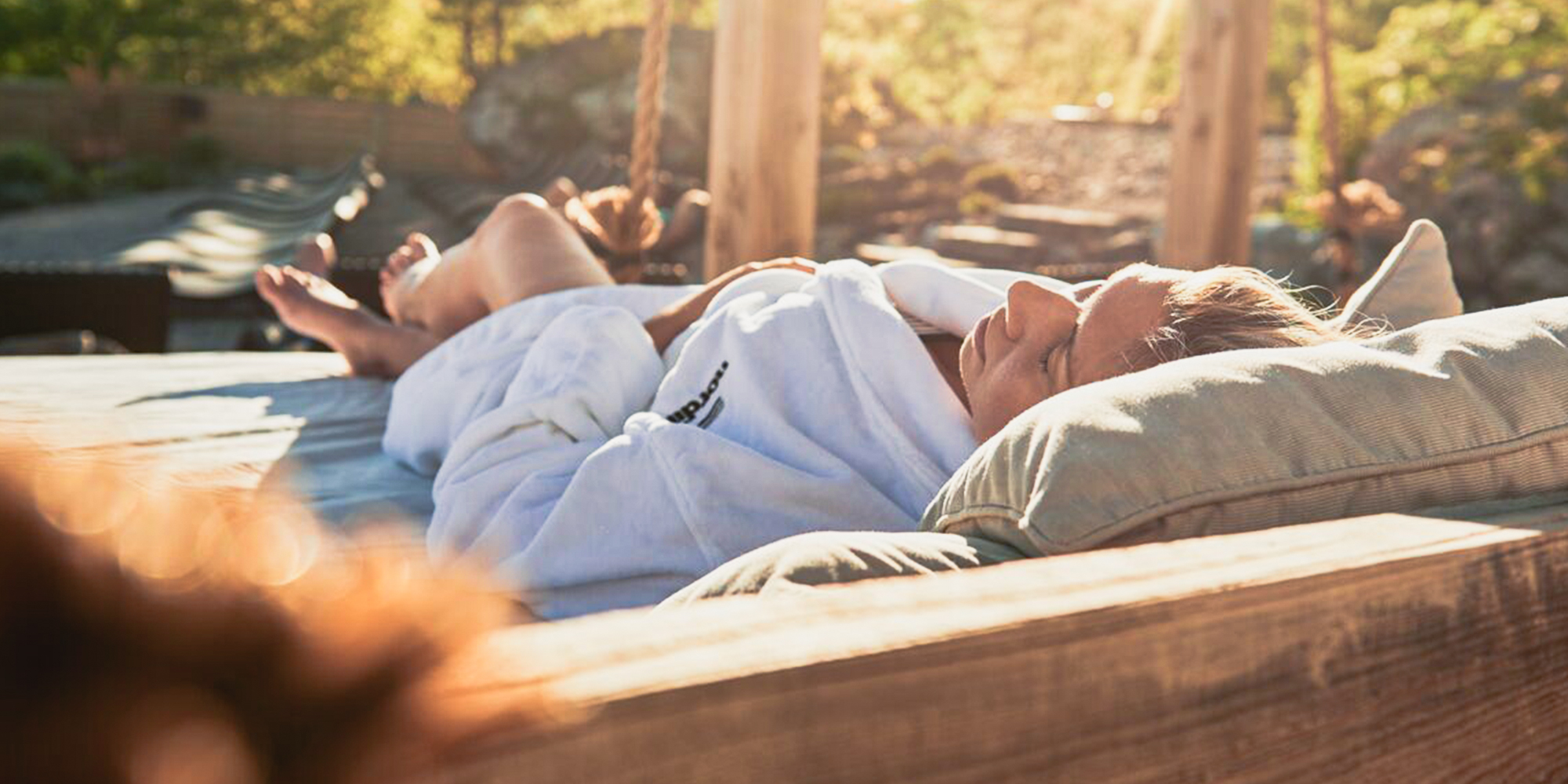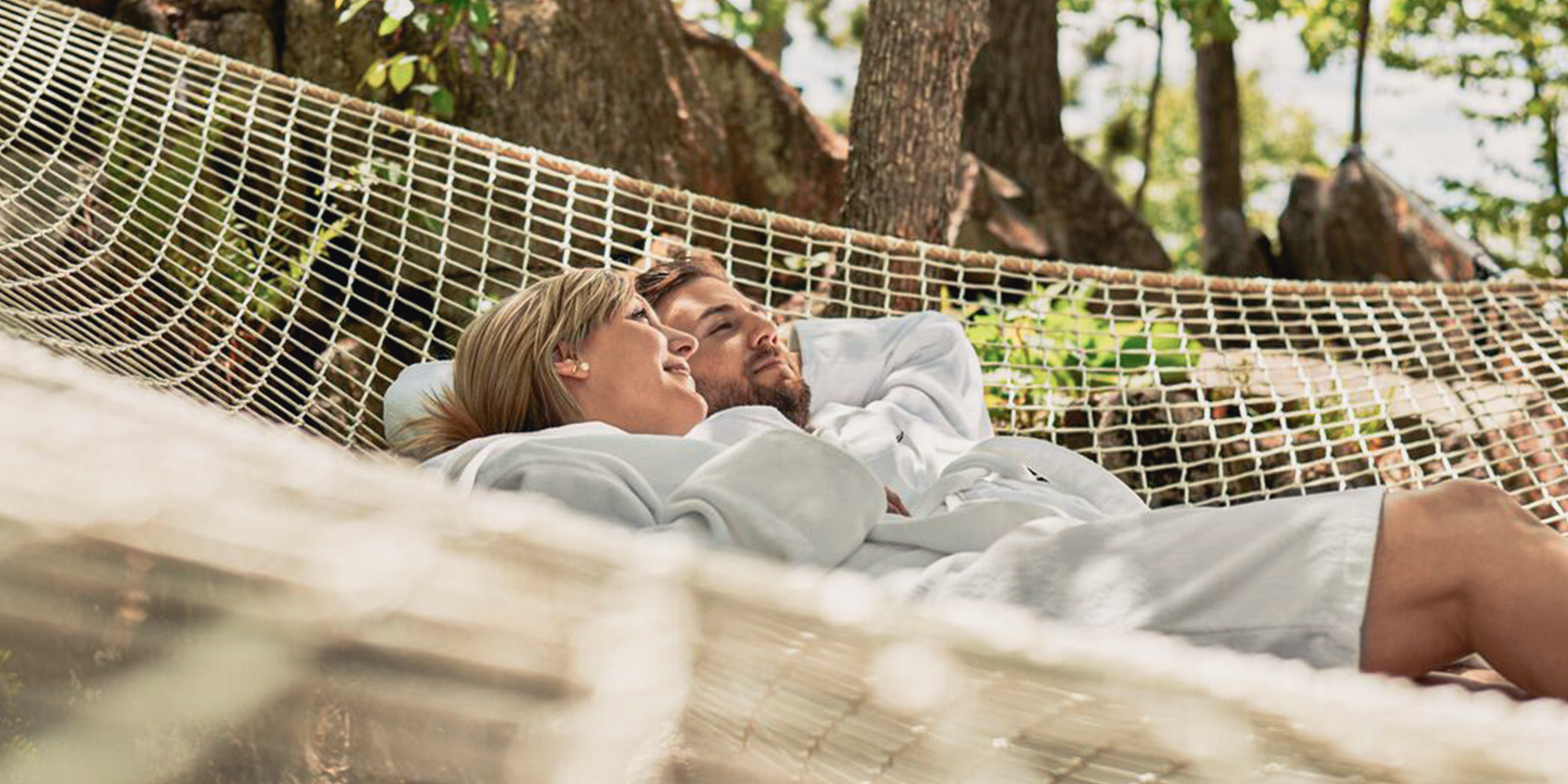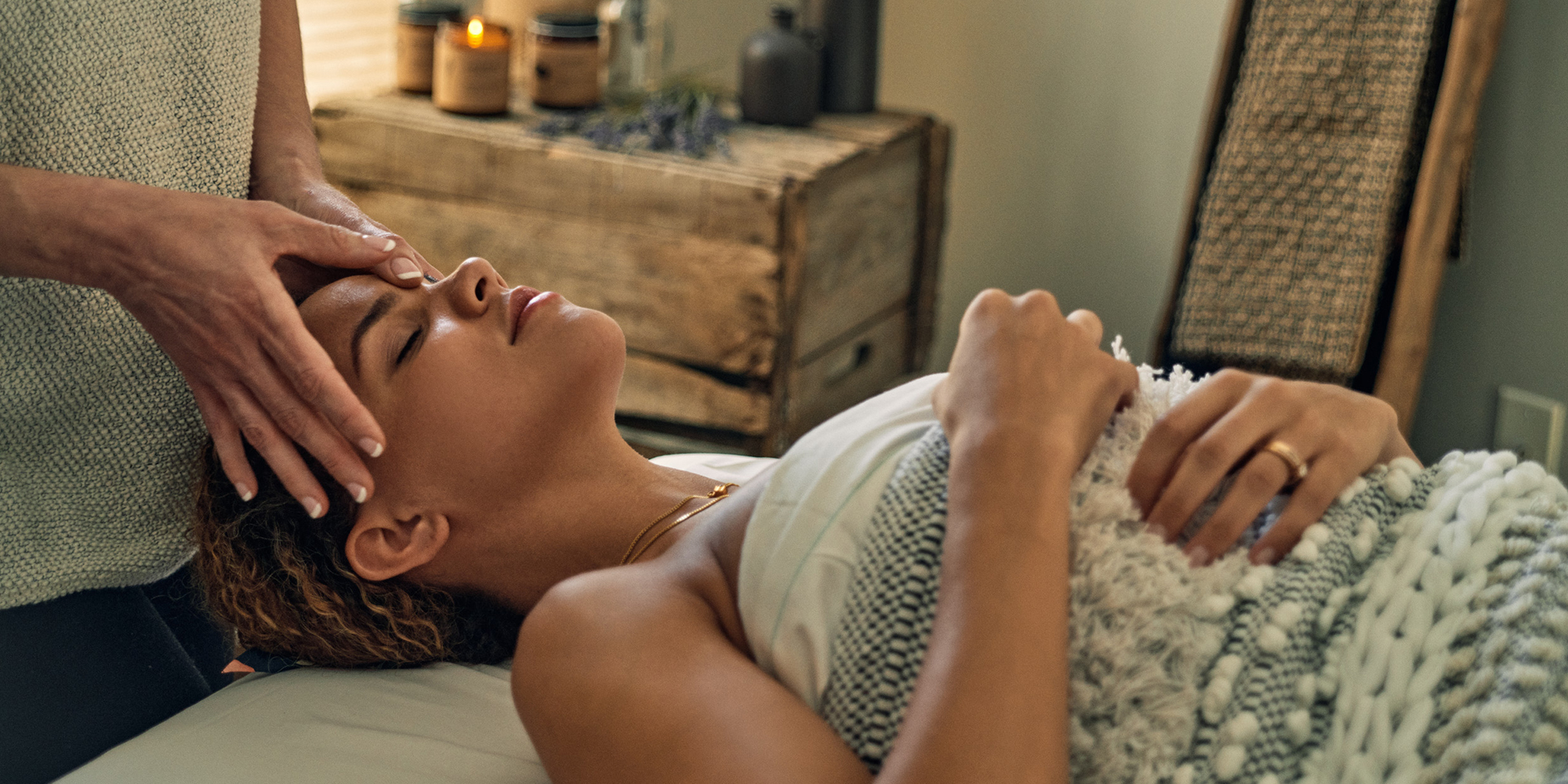
How to Get Better Sleep at Night
Good sleep directly correlates to good physical, mental and emotional health. We eat well, exercise and try to maintain a balance in our lives, but often neglect rest. We spend a third of our lives in bed, we might as well get better sleep.
Your haven of peace
What may seem obvious is often overlooked. Your environment impacts your rest. It helps – or hinders – your ability to fall asleep and stay asleep.
To get better sleep, your bedroom should be peaceful. Start by decluttering. Give yourself a dreamy environment where you can leave all your worries at the door.
Fragrance is a powerful force. Smells often evoke emotions or revive entire memories. For example, the smell of a certain essential oil might bring you back to your last spa visit. Stimulate your smell-association by using essential oils or a diffuser at bedtime. Lavender is an especially good option for its calming properties. With enough consistency, the mere smell of lavender will have you drowsy.
Cold, dark and quiet
The prime temperature for your bedroom is between 16°C and 20°C.
Light exposure can throw off your inner clock. Blackout curtains or a sleep mask are great ways to make sure nothing interferes with your well-deserved rest.
Keeping the noise down is primordial to getting better sleep. If there’s no way for you to eliminate noise, drowning them out with a white noise machine, a fan, soothing music or earplugs will also do the trick.

Create a sleep ritual
Before
Dim the lights and set the mood for sleep. Our circadian rhythm is easily fooled by bright lights. Lowering their brightness an hour before bed is a great way to tell your body to get ready for rest.
Start winding down 30 minutes before your planning to go to bed. It’s so much easier to fall asleep if you’re already comfortable and relaxed. Doing some light yoga, listening to soft music or podcasts, quietly reading, or taking a warm bath are great ways to end the day.
And now the most difficult step of all: stop using your electronic devices an hour before bed. The blue light coming from devices, whilst completely fine during the day, tricks the body into thinking its daytime and keeps our mind alert.
During
You need an average of 7 to 8 hours of sleep per night to be fully rested. Schedule your nights with sleep in mind. A consistent bedtime is the best way to get better sleep.
Get comfortable in your very own haven and shut out the rest of the world. Rest.
After
Consistent wake-up time is also a powerful step towards better sleep.
On weekends, you may sleep in an hour, maybe two, but any more and you’ll be ruining all your hard work.

Day and night
While your nighttime schedule is important to your well-being, so are your daytime activities.
Exposure to natural daylight for at least 2 hours during the day is proven to improve sleep. If you can, go outside during the day to soak in the rays. Physical activity also leads to better well-being and, consequently, better sleep.
This may seem obvious but, monitor your caffeine intake. Whilst coffee is great to wake you up and give you a little boost in the morning, a cup of joe in the afternoon may seriously affect your sleep. Opt for herbal tea instead, or decaf!
Be careful about naps. A quick 30-minutes powernap is proven to help productivity. Nonetheless, long or late naps can throw off your sleeping schedule and make falling asleep at night much more difficult.
Cultivate calm
Anxiety is the culprit in most of our sleepless nights. Find ways to calm your inner voice. If you can’t fall asleep, focus on relaxing, not on trying to fall asleep.
Meditation, journaling, listening to music and low-impact stretching are all great ways to cultivate peace.
Come visit us
When the world just gets too loud and keeps you from sleeping soundly, allow yourself to hit pause.
Treat yourself to a relaxing massage. Achieve a deep state of relaxation and let your troubles melt away. This massage encourages sleep, eliminates muscle stiffness, reduces stress and creates an overall sense of wellbeing.
Indulge in thermotherapy. The relaxation ritual is based on a 2000-year old tradition found in Nordic countries and involves alternating between hot and cold temperatures, followed by a rest period. Thermotherapy encourages relaxation, eliminates fatigue, reduces accumulated stress, creates peace of mind and encourages better sleep.
Experience pure relaxation. The relaxation body care treatment is the most comforting thing there is. It relieves tensions, calms the body and soothes the mind.

Altering such a large aspect of our lives can feel overwhelming. However, this isn’t an all-or-nothing situation, you can slowly and gradually implement changes into your routine to ultimately sleep better.